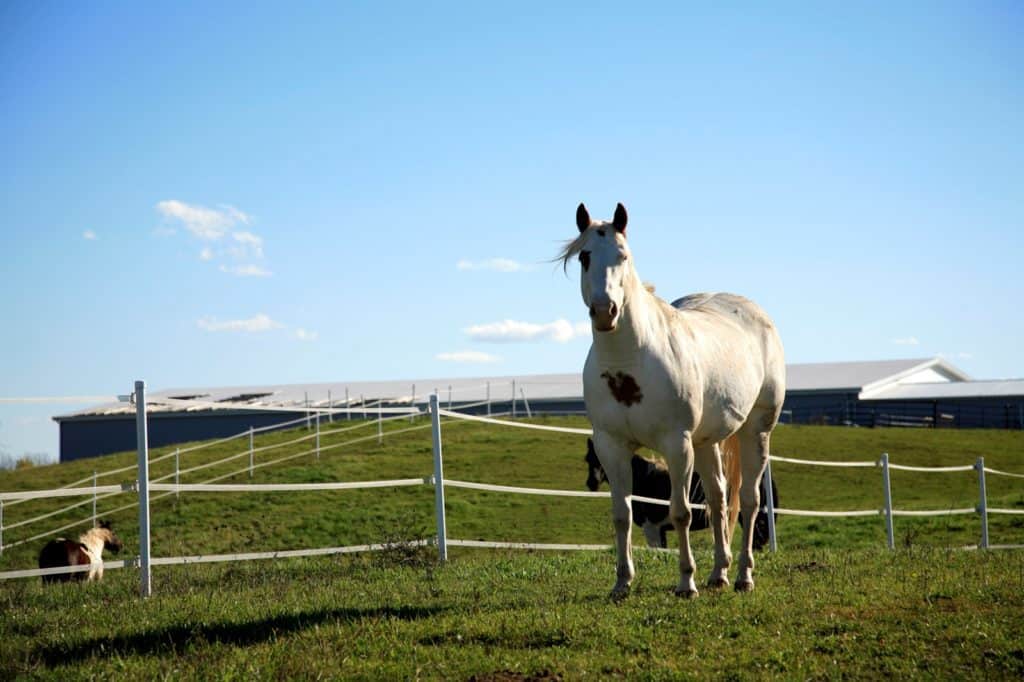
Does Electric Fencing Stress Horses?
Electric fencing might not cause horses extra stress, but most stay farther away from an electric fence than a wood one.

Electric fencing might not cause horses extra stress, but most stay farther away from an electric fence than a wood one.

Researchers found that yawning appears to be closely associated with social interactions and, possibly, social stress.

Our “Why Does My Horse Do That?” winner wants to know why her mare’s buddy licks the mare after meals.

Researchers say using a simulator could allow novice riders to train in a safe environment and safeguard equine welfare.
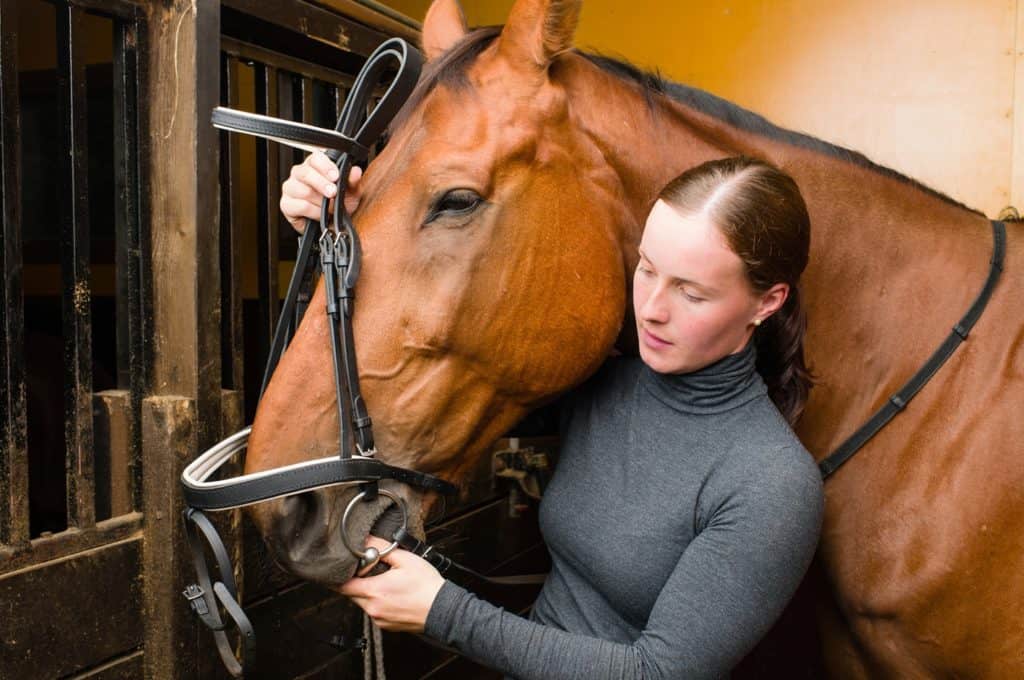
My horse is “reverse bridle shy.” What can I do to help this habit?

A French genetics team determined a common breeding pool is not only realistic but also preferable.
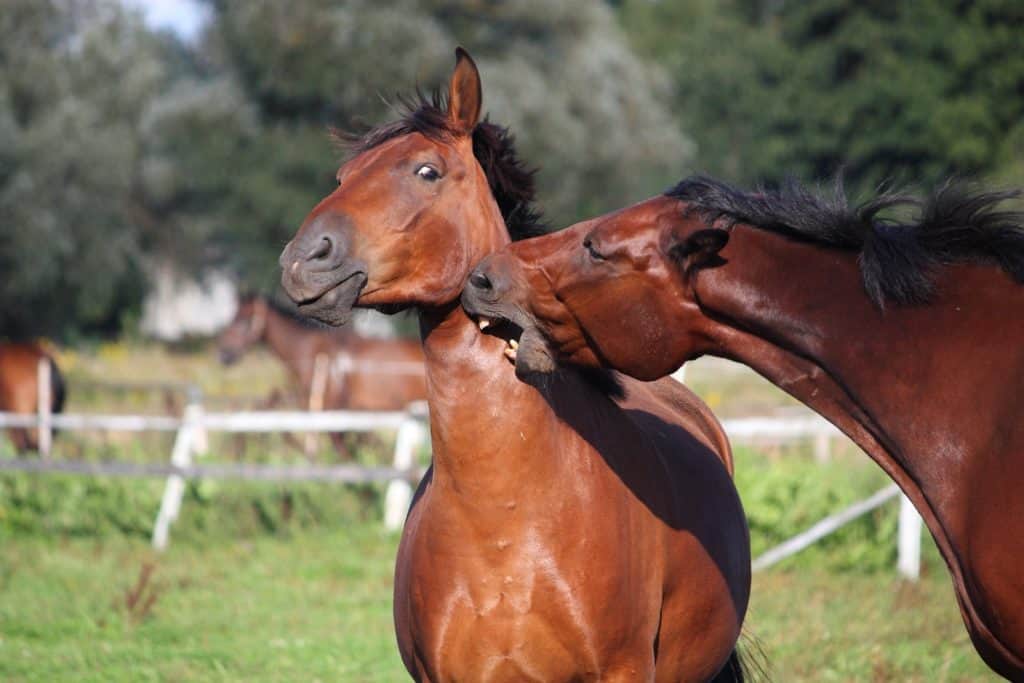
What behavioral or health information do you need to share when selling a horse?

A video of your horse’s behavior could win an evaluation by Dr. Sue McDonnell and a prize pack from Zylkene Equine.
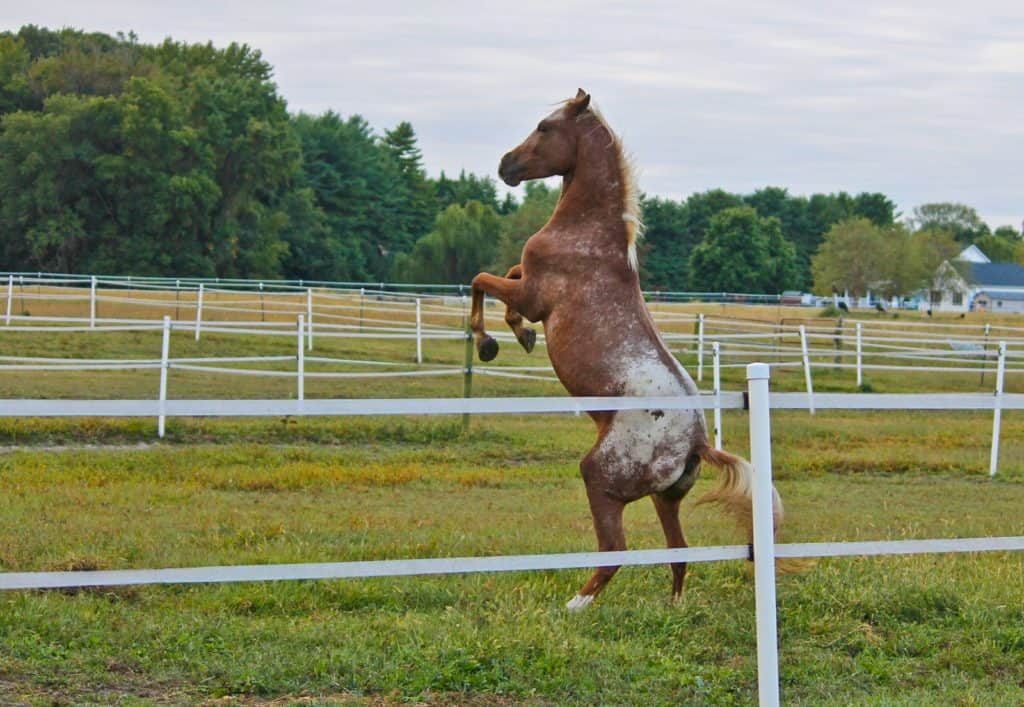
One mare’s rearing habit around her owner might be play initiation.

Researchers developed a reliable test to help people determine each horse’s unique attention ability.

The majority of respondents said they’ve used more experienced horses to help inexperienced ones through new situations.

Being a responsible horse owner involves deciding if and when castration is appropriate.
Top take-homes from presentations on laminitis, grass sickness, atypical myopathy, sedation, and more.
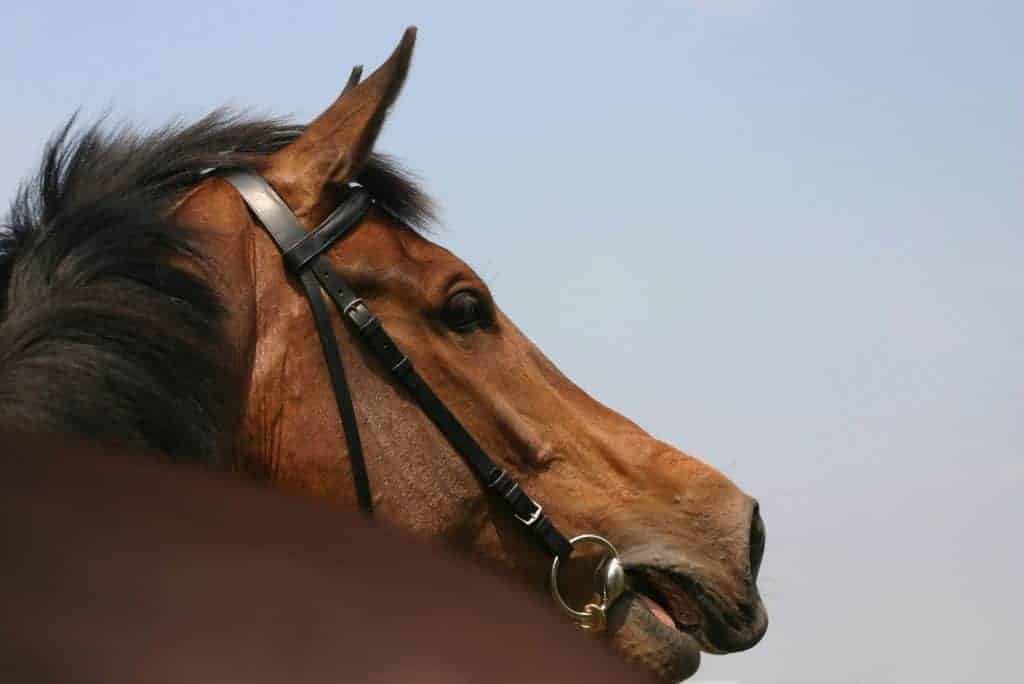
My gelding has separation anxiety when away from his pasture buddy. How can I address this issue?

Behaviorist Dr. Sue McDonnell shares research-based insight into how a mare’s temperament might influence her foal.

Behaviorist Dr. Sue McDonnell offers step-by-step advice for helping a horse who’s afraid of getting shots from the vet.
Stay on top of the most recent Horse Health news with
"*" indicates required fields